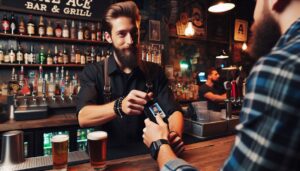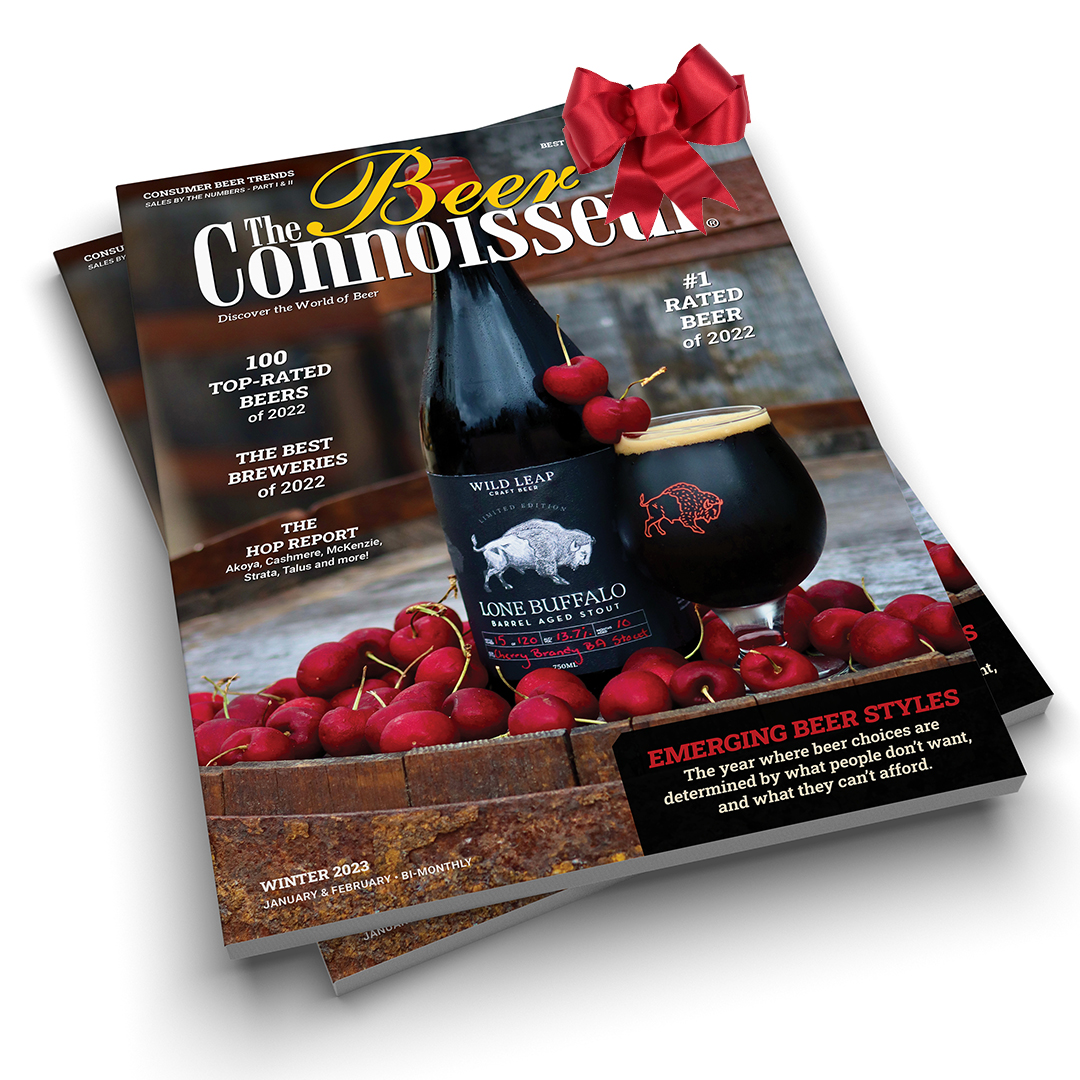Ensuring that an ID is genuine is a critical responsibility for bartenders and servers. Here are some tips to help you verify IDs and handle situations involving potential fake IDs with confidence.
Take Your Time
The most important step is to take your time when checking an ID. Rushing can lead to mistakes, so make sure to examine the ID carefully, even during busy hours.
busy hours.
Check the Birthdate
Verify the birthdate to ensure the individual is of legal drinking age. An easy method is to add 20 to the birth year, then add 1 more, and compare it to the current year.
Look for Alterations
Feel the surface of the ID for bumps or irregularities that may indicate tampering. Check for pinholes or other signs of forgery.
Examine the Fonts
Ensure that the fonts and numbers are consistent throughout the ID. Any discrepancies could be a sign of a fake ID.
Review the Photo Quality
The photo should be high quality and match the person presenting the ID. Low-quality photos are often a red flag.
Use the F.E.A.R. Method
F.E.A.R. stands for Feel, Examine, Ask, Return:
- Feel the ID to check for physical anomalies.
- Examine the document for features like holograms.
- Ask the ID holder questions about their information.
- Return the ID if it appears to be valid.
Handling Suspected Fake IDs
If you suspect an ID is fake:
- Politely explain that you cannot accept the ID.
- Ask for another form of identification.
- Do not confront or accuse the individual; remain professional.
- Inform your manager or security personnel if necessary.
Remember, proper training and awareness are key to preventing illegal alcohol service. Always stay updated on the latest ID features and legal requirements.
For more detailed information and training, consider visiting resources like ACE Food Handler and ACE Training Platforms.
By following these guidelines, you can help ensure a safe and legal environment for your patrons and establishment Tips for Bartenders and Servers on Checking IDs
Tips for Bartenders and Servers on Checking IDs at ACE Food Handler offers comprehensive alcohol seller/server training across multiple states to ensure compliance with local regulations. In Texas, we provide TABC training (TABC Training), while in California, we offer RBS training (RBS Training). For Illinois, our BASSET training (BASSET Training) is designed to meet state requirements. In Pennsylvania, we provide RAMP training (RAMP Training), and in Louisiana, we offer RV Training for the Bar Card (RV Training). Each course is tailored to meet state-specific guidelines, ensuring responsible alcohol service.



